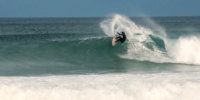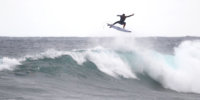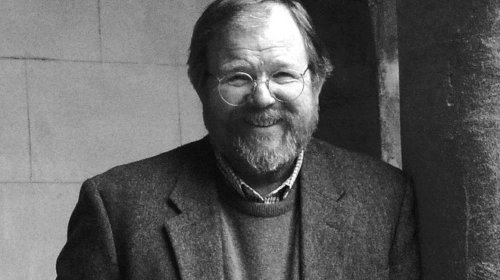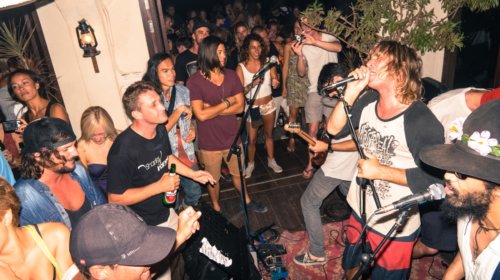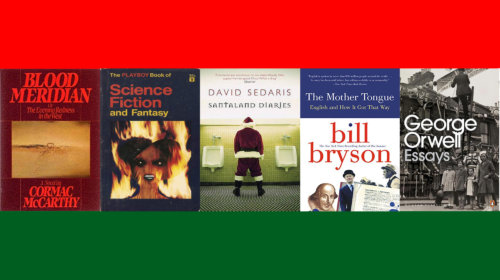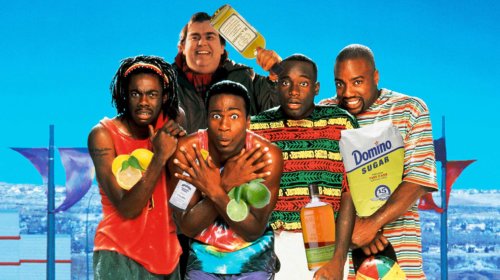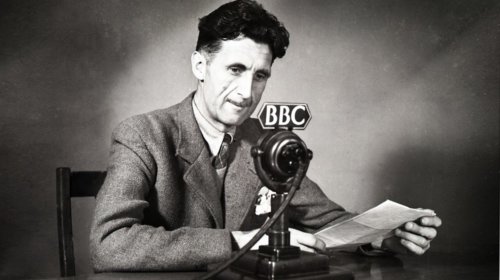The Spaniards are good at many things, but not at making war. All foreigners are alike appalled by their inefficiency, above all their maddening unpunctuality. The one word that no foreigner can avoid learning is mañana.—George Orwell, Homage to Catalonia
I bring books with me when I go on vacation for two reasons. One, I struggle to stay lucid on planes and sometimes music alone doesn’t cut it. Two, what’s better than learning something new and then dropping that knowledge on the deaf ears of friends and family later? Not much. And it’s not like I’m going to stare at the back of a seat and keep myself occupied with a pack of peanuts for ten-hours straight.
Anyway, six months ago I stormed into the Tom Bradley International newsstand like I always do: Reeling with post-TSA anxiety and in need of some fresh pages. I was on my way to Barcelona and wanted something on brand with the destination. After ransacking some shelves, I walked away with two new books. The first was called The Train in Spain and it was terrible. It wanted so bad to be The Sun Also Rises but instead came off as bunch of fond-numbing, name-droppy nonsense compiled by an author with questionable observational skills and a locomotive fetish. My patience didn’t even make it to cruising altitude. So, after rolling my eyes hard enough to strain a nerve, I put The Train in Spain down for good. Reaching back into my bag, I fished out my second buy: Homage To Catalonia by George Orwell.

Few writers can claim to be as handy with a pen as Orwell was. There’s a reason Hemingway modeled his style after the English-born author. Hunter S. Thompson, too. And remember 1984 is literary triumph even though more than a quarter of it is about dealing with paperwork. With Orwell’s name gracing a cover, you know you’re in for a treat.
But back to the book. At the start of Spanish Civil War, Orwell flew out to Barcelona to “join the militia to fight against fascism.” Orwell served as a private, corporal, and a lieutenant for the POUM (the Workers’ Part of Marxist Unification, an anti-Stalinist communist party) throughout the course of the novel. Most of it is set in wartime Barcelona, but it does venture to the battlefield on occasion.
Now, Orwell didn’t write the book to present an account of the war from a historical perspective. Homage to Catalonia is simply a written collection of his own thoughts, opinions, and experiences. It inspires praise not because it’s a historical analysis. No. Readers gush over Homage To Catalonia because Orwell is a very good writer, which makes Homage an incredibly pleasant read. Plus, it’s one of only a few insiders perspective on a (now) sadly glossed over war. I powered through it cover to index on the flight over, then read it again on the flight back. And I recently finished reading it for a third time. If it’s not obvious already: This is my favorite book.
The people who write that kind of stuff never fight; possibly they believe that to write it is a substitute for fighting. It is the same in all wars; the soldiers do the fighting, the journalists do the shouting, and no true patriot ever gets near a front-line trench, except on the briefest of propaganda-tours. —Homage to Catalonia
It’s nice and topical right now too with the whole Catalonian independence movement thing fully flaring up as well. Plus, violent ideological conflict between the left and the right is back in fashion. Politics: They may get nasty, but at least history has the decency to repeat itself.
Homage To Catalonia by George Orwell. Consider it a slightly outdated pamphlet of what the times could hold. So, check it out. It’s easy to carry around and you can impress coworkers with it. —James Royce
Get after it here.




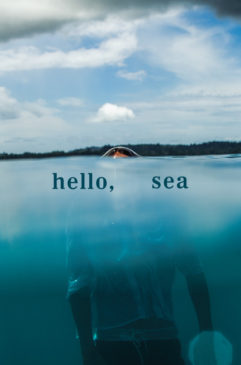
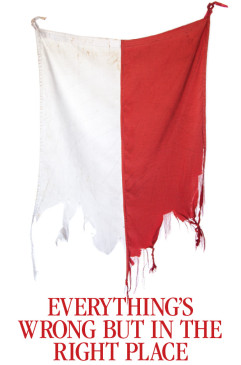
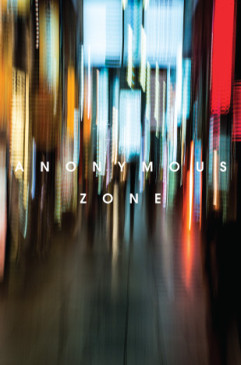
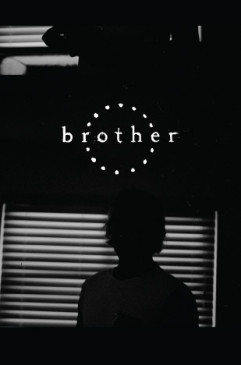

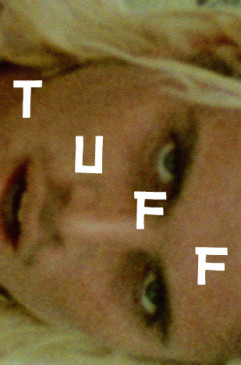
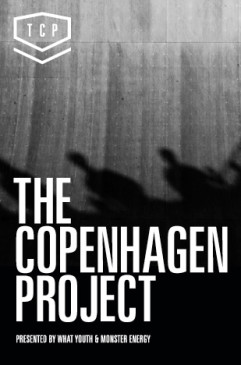

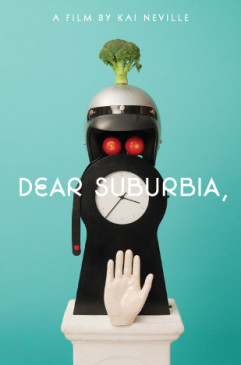
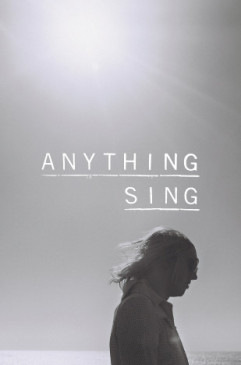



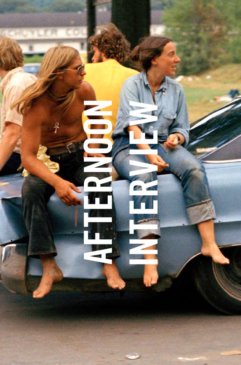







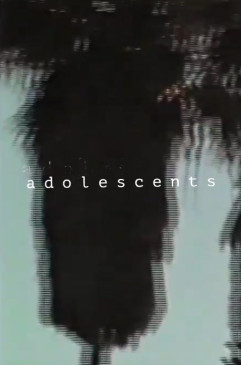

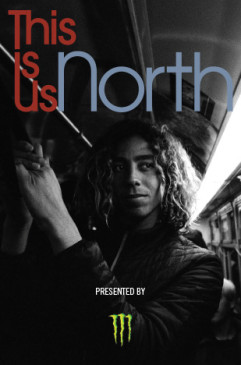




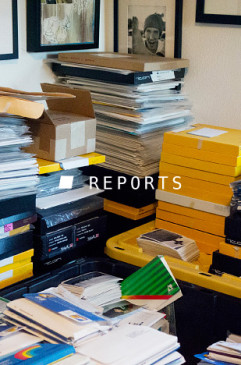

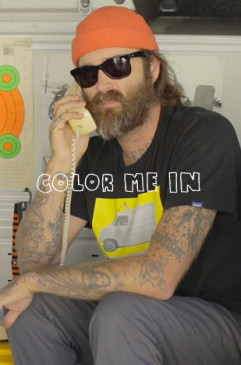





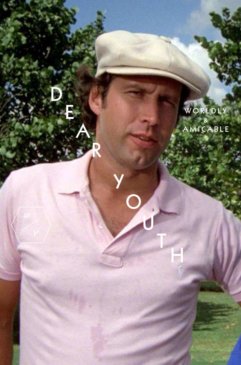









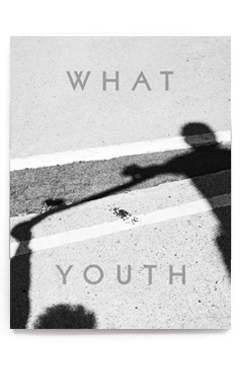

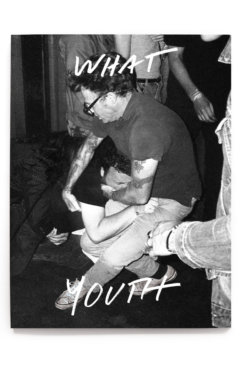


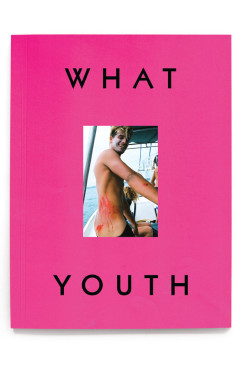

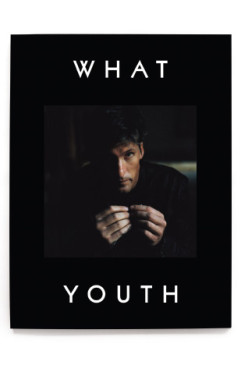
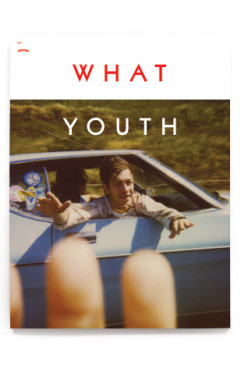
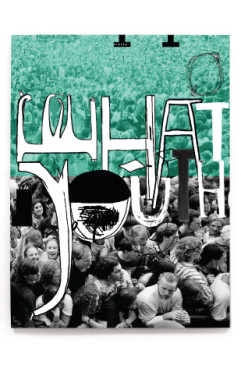

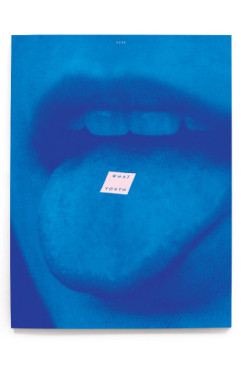
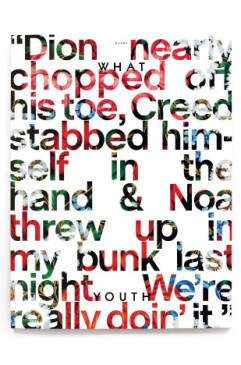


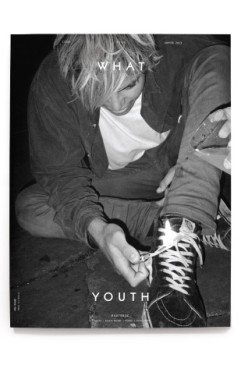

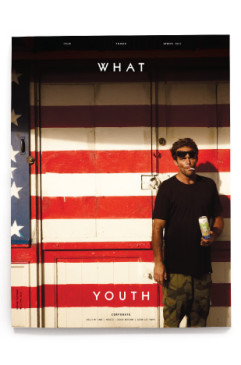
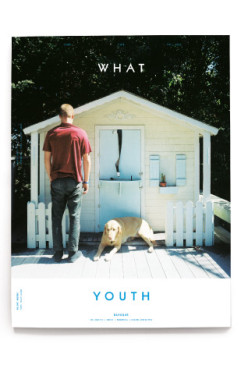

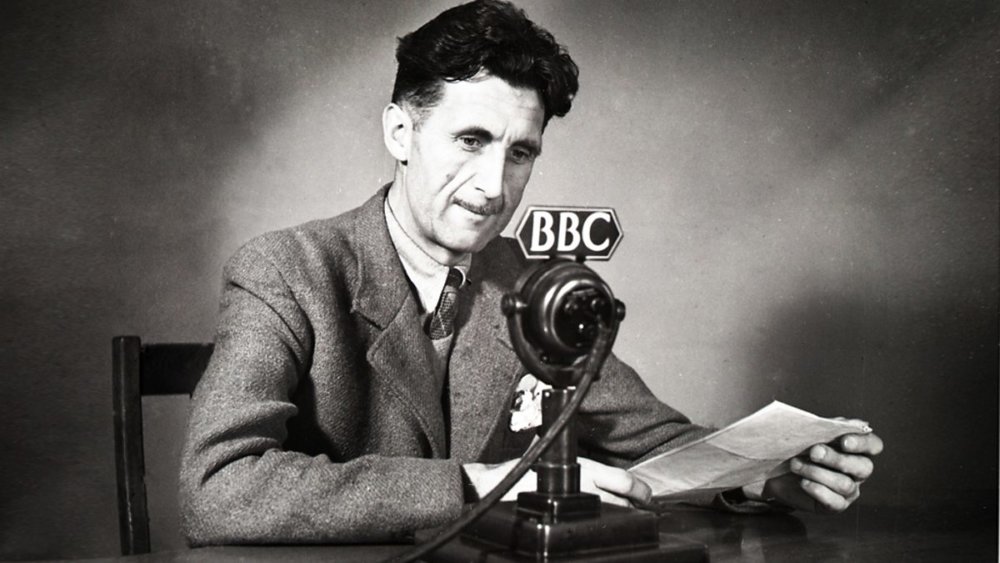
 NXT
NXT 















